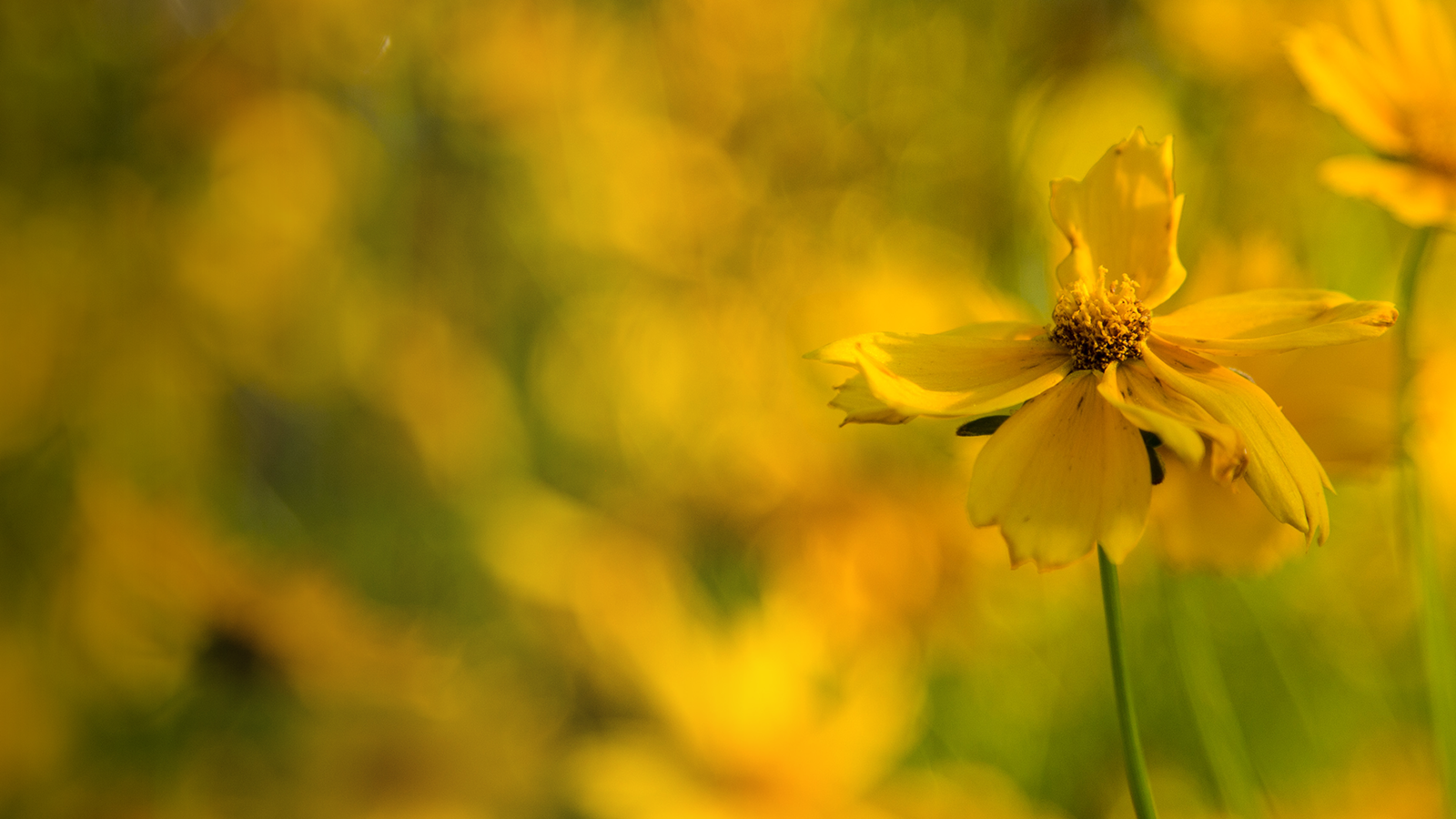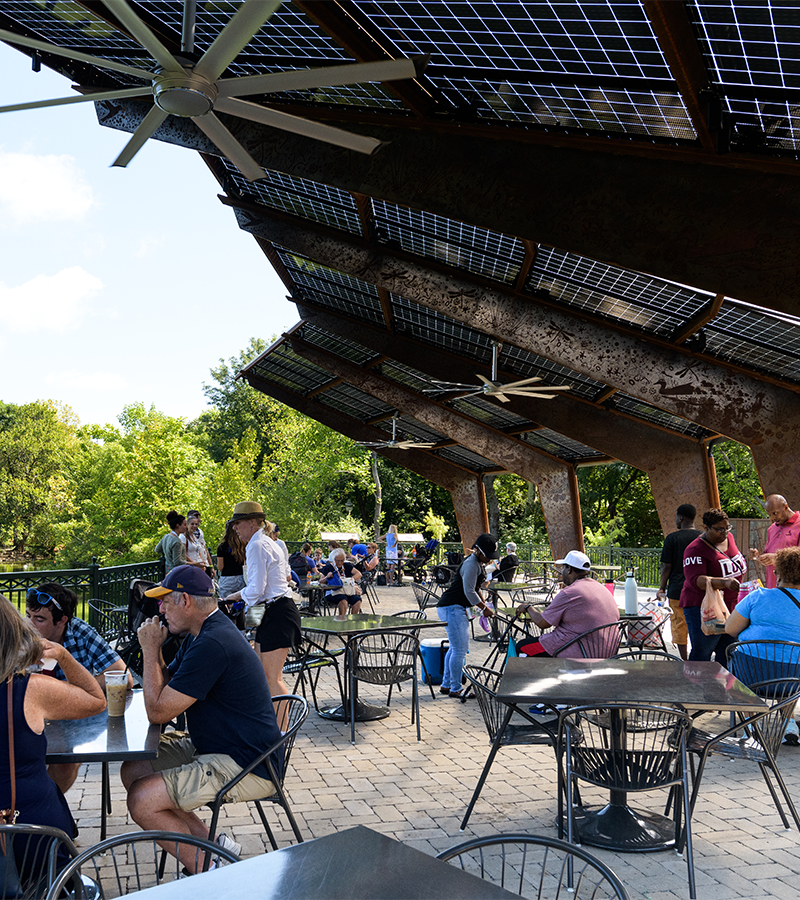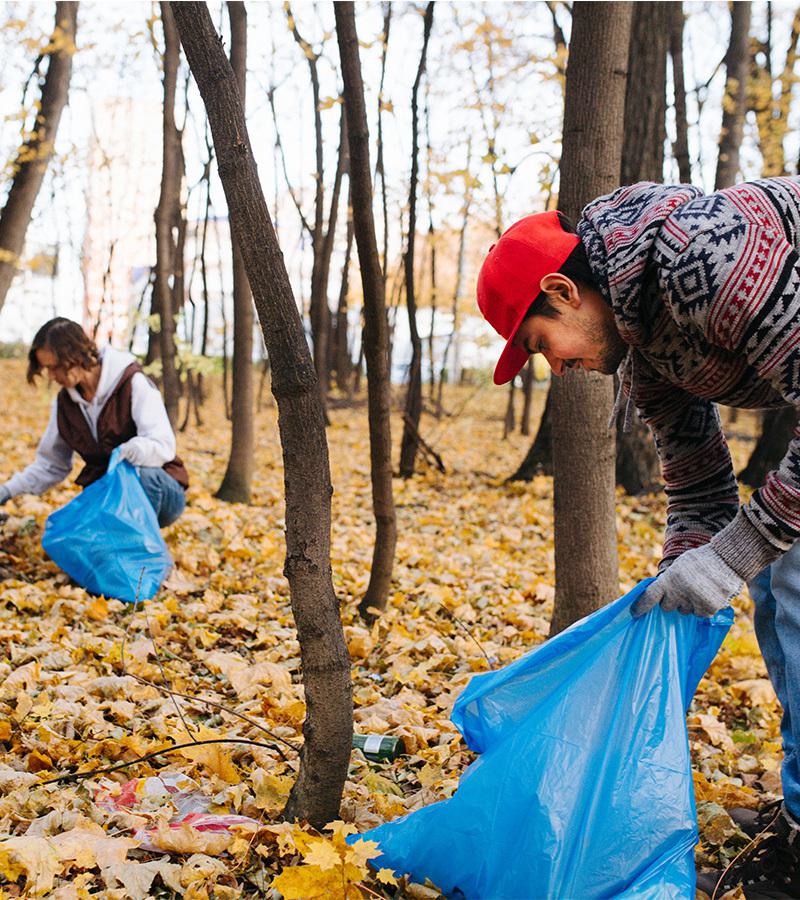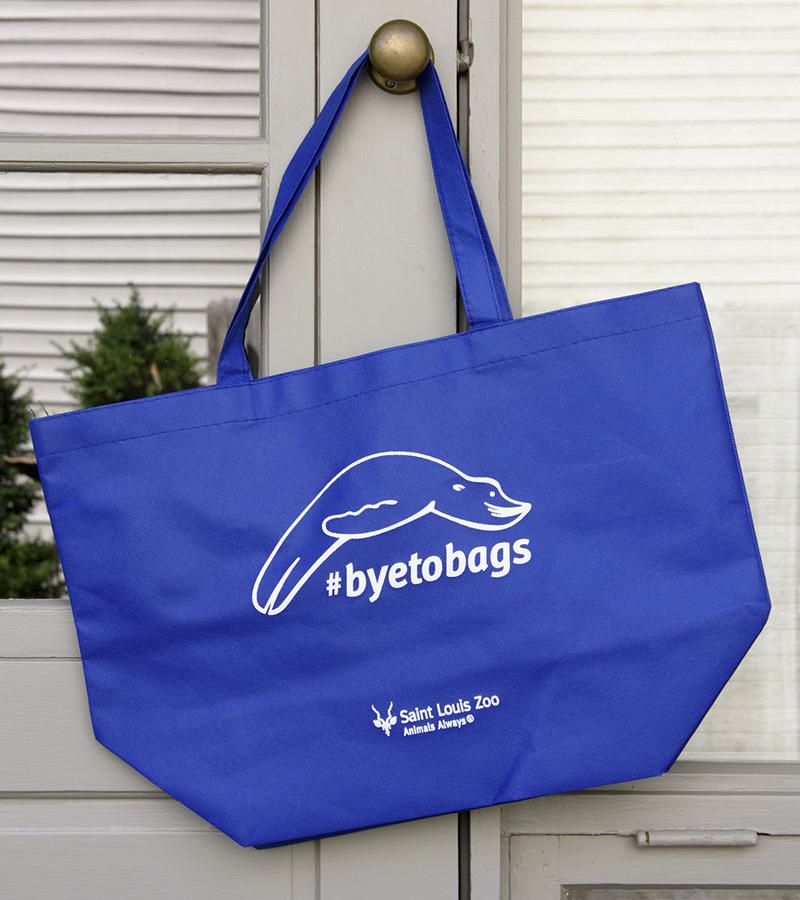
Do-It-Yourself Conservation

Our daily actions and purchases can affect wildlife and habitats all over the world. You can personally help protect wildlife by doing earth-friendly activities as part of your daily life. If you want to get deeply involved with helping the environment, think about joining a conservation organization, volunteering your time to conservation projects or writing your legislators when you have an opinion about pending legislation on environmental, land use and other issues.

Energy Audit
Government agencies, corporations, school districts and communities conduct energy audits to save money and resources. You can, too! Here are some things you should look for in your household:

Finding Forest-Friendly Products
Hundreds of animals worldwide are in danger of extinction because we are destroying their forest homes faster than the forests can regrow. One of the best ways to preserve forests--and the animals that make them their home-- is to reduce the demand for unnecessary wood products. There are many simple ways you can reduce your own consumption of wood products at home, school or work by using alternative products. Ask for recycled, reclaimed, salvaged, and Forest Stewardship Council certified wood products. If you are looking for even more opportunities to save forests, you can join local organizations that rally to convince large organizations to reduce their demand for unnecessary wood products.

Helping Pollinators in Your Backyard
Our daily actions can affect wildlife, especially outside our own homes. Many animals you see every day – like bees, flies, butterflies, birds, bats and lizards – are pollinators and are especially important for our environment. Of the estimated 1,330 crop plants grown worldwide for food, beverages, fibers, condiments, spices and medicines, approximately 75% are pollinated by animals. Learn more about the Zoo's conservation efforts with pollinators.
Why are these animals important?
In the U.S., honey bee and native bee pollination accounts for billions of dollars’ worth of crop production. Native bees also help maintain plant communities that provide food and shelter for other animals. And, native prairie plants that local pollinators need right here in Missouri pull carbon out of the atmosphere and store it, helping to reduce the harmful impacts of climate change. There are easy actions that you can take to support pollinators and a healthy local environment.

#byetobags
Learn moreThe Problem with Palm Oil
Orangutans are in trouble in the wild. Their forest homes are being destroyed to make way for palm oil plantations. Palm oil plantations are responsible for the clearing of hundreds of thousands of acres of orangutan habitat.
Palm oil is a form of edible vegetable oil obtained from farming the fruit of the African oil palm tree. It is currently the most widely produced edible oil.
You probably eat and use palm oil every day. It is found in many foods, cosmetics and bath products. When you look for it as an ingredient, there are more than 600 names for palm oil that may be used on product labels. It is in about half of all packaged products sold in the supermarket.
It is extremely versatile! Palm oil:
- Stays solid at room temperature to help baked goods last longer and adds shelf stability
- Is used in cosmetics because it holds color well and applies smoothly with no taste
- Keeps candy from melting and makes it shiny
- Is high in Vitamin E and A
- Removes oil and dirt and moisturizes hair and skin
- Make soaps and detergents bubbly
- Can be used as a biofuel
The African oil palm only grows in tropical rainforest environments, which are home to as much as half of the species of plants and animals on Earth. Tropical rainforests also absorb carbon dioxide and play a key role in stabilizing the Earth’s climate.
Most of all palm oil is grown and produced in Malaysia and Indonesia, although this crop is expanding quickly into parts of central Africa and Central and South America.
Instead of using already cleared land, some companies choose to cut down healthy rainforest and use the lumber profits to fund the planting of new plantations. After logging rainforest habitat, palm oil companies drain the peat swamp and often use uncontrolled burning to clear the land.
Boycotting palm oil is not an effective option, as it would be nearly impossible. Using certified sustainable palm oil is a more effective and responsible choice.
African oil palms are the most productive type of all the edible oil plants. Oil palms produce five to 10 times more oil per acre than other crops like soy or canola. If grown sustainably, palm oil can be a more environmentally friendly oil because less land must be cleared to get the same amount of product.
Certified sustainable palm oil is not just any palm oil. It comes from a plantation that has made a commitment to produce palm oil in a way that minimizes its impact on wildlife, indigenous people and the planet.
The Saint Louis Zoo and the Association of Zoos and Aquariums both deem it critical for consumers to support the efforts of the Roundtable on Sustainable Palm Oil (RSPO). Palm oil plantations and mills that are certified as sustainable by the RSPO have met many criteria to achieve certification. Palm oil plantations and mills that are not certified as sustainable by the RSPO don’t have to adhere to RSPO regulations; therefore, consumers can’t be sure whether the palm oil coming from non-RSPO producers has harmed native wildlife, violated the rights of indigenous people or had other negative environmental impacts.
The Zoo constantly strives to be an active member of the NGO (non-governmental organizations) community that is working toward a future for the biodiversity of tropical species and the well-being of the people affected by the palm oil crisis. To show our commitment to doing everything possible to help, we joined the RSPO in 2019 as an Environmental NGO member. You can track our progress here.
- Support companies that have joined the RSPO by thanking them for their efforts!
- Write to your favorite companies and restaurants. Ask them to use sustainable palm oil in their products and to join the RSPO if they have not done so already.
- See how your favorite companies scored on the World Wildlife Fund Palm Oil Scorecard.
- Download the World Association of Zoos and Aquariums (WAZA) PalmOil Scan App to help research companies.
Sustainable Seafood
Many saltwater and freshwater fish populations around the world are declining for a host of reasons, from over-fishing to habitat destruction. That's why it's important that the seafood you consume comes from suppliers that farm or fish in ways that will ensure the long-term health of the world's oceans, rivers and lakes.
If you support fisheries and fish farms that are healthy for ocean wildlife and for the environment, YOU can make a huge difference.
Do you know which seafood are good choices for your dinner plate?
The Saint Louis Zoo is proud to partner with the Monterey Bay Aquarium Foundation in support of their Seafood Watch® Program. Download their Consumer Guide and explore their resources for a list of recommended seafood choices (and those that are not recommended). Seafood Watch® is a registered servicemark of the Monterey Bay Aquarium Foundation.
The Seafood Watch program provides suggestions for sustainable types of fish and other seafood you can purchase in the Midwest and in other regions of the U.S. Use it every time you buy seafood in a store or restaurant to choose seafood that is good for both you and the oceans.
And next time you're in the mood for seafood, make a difference!

